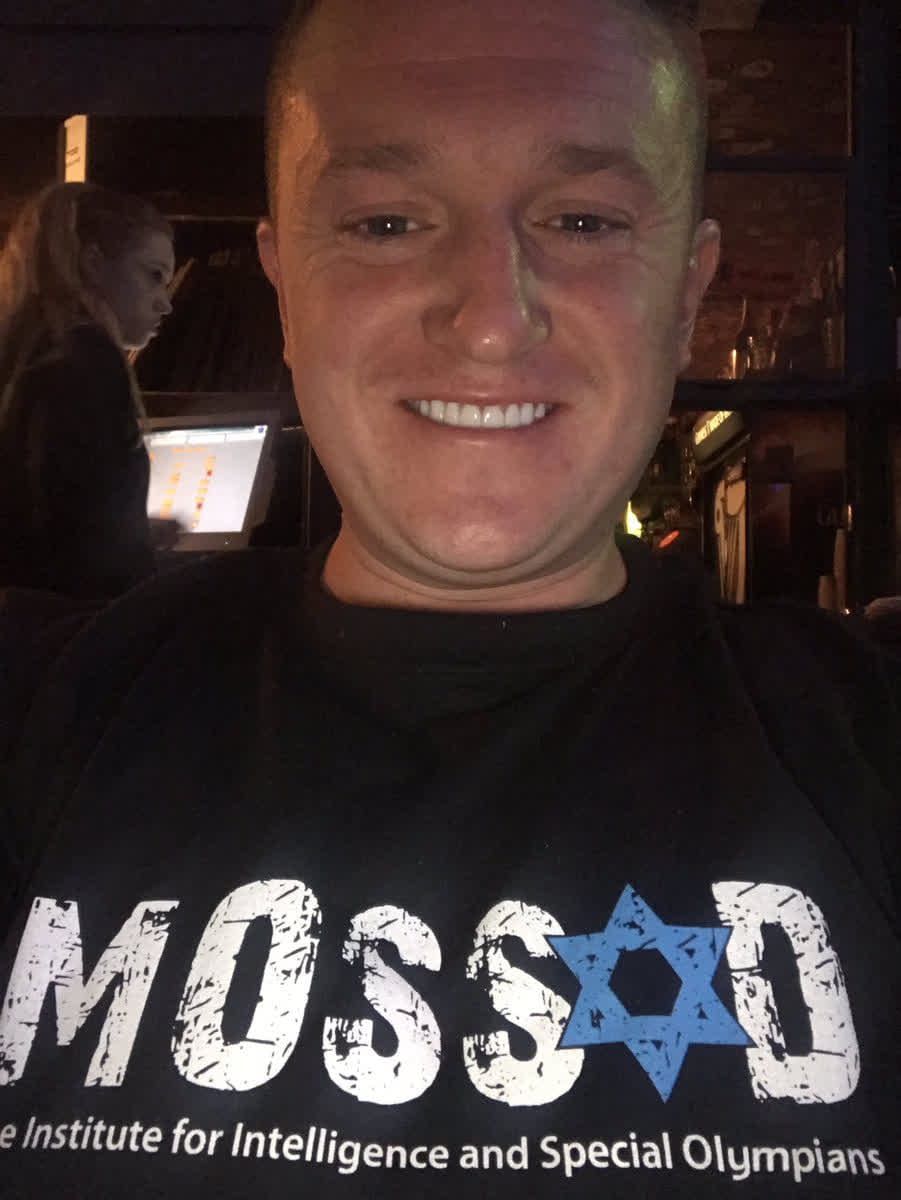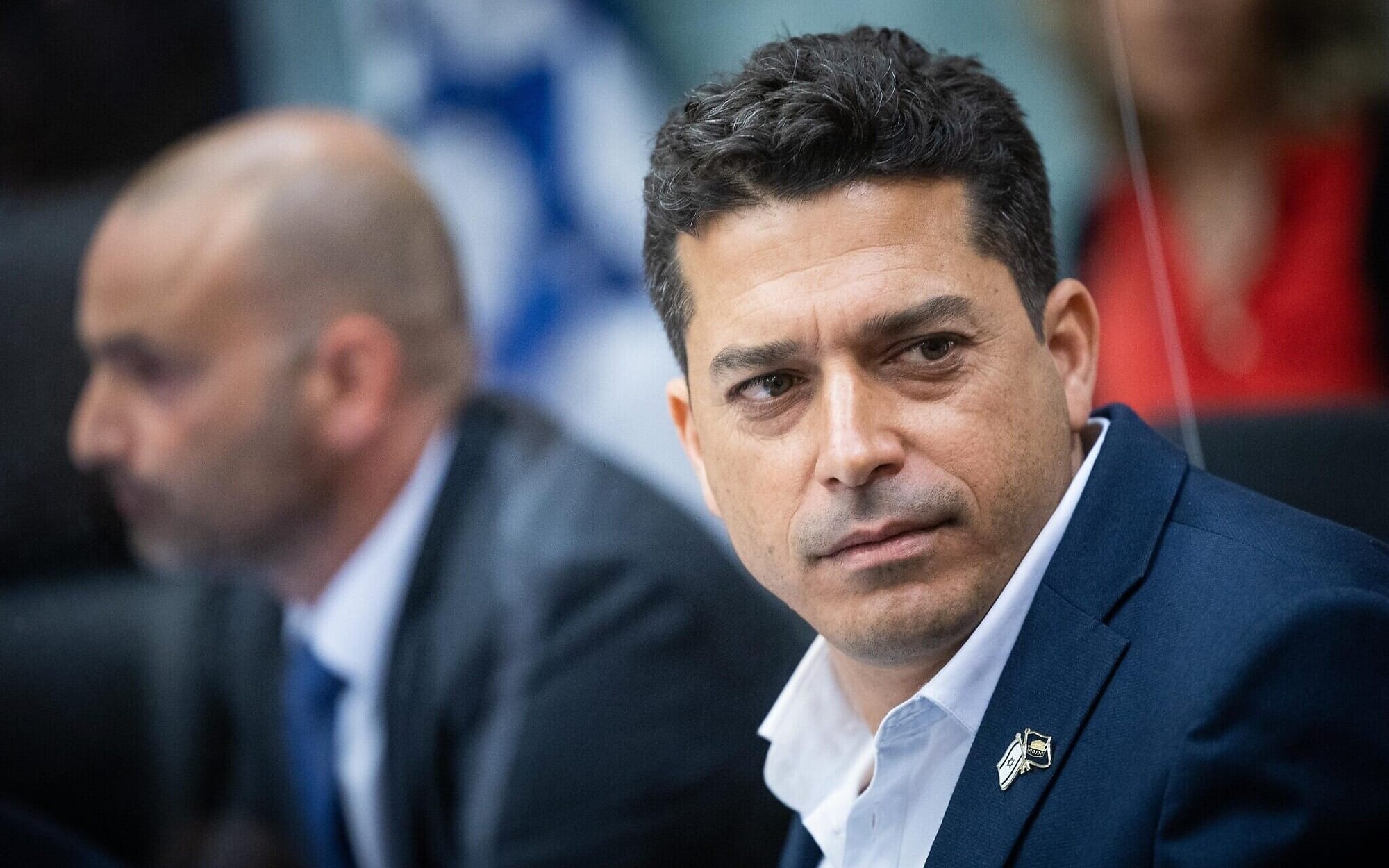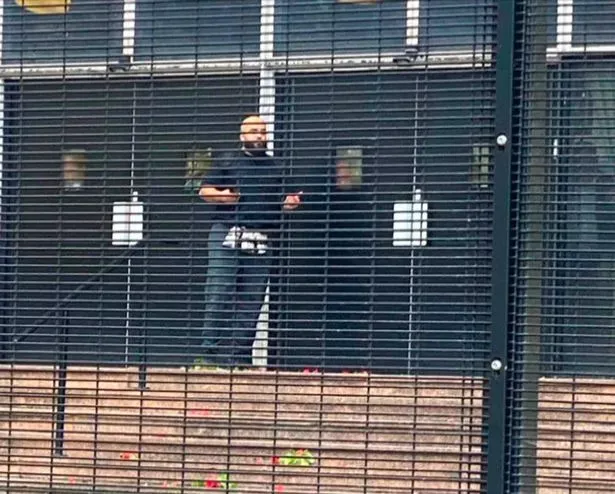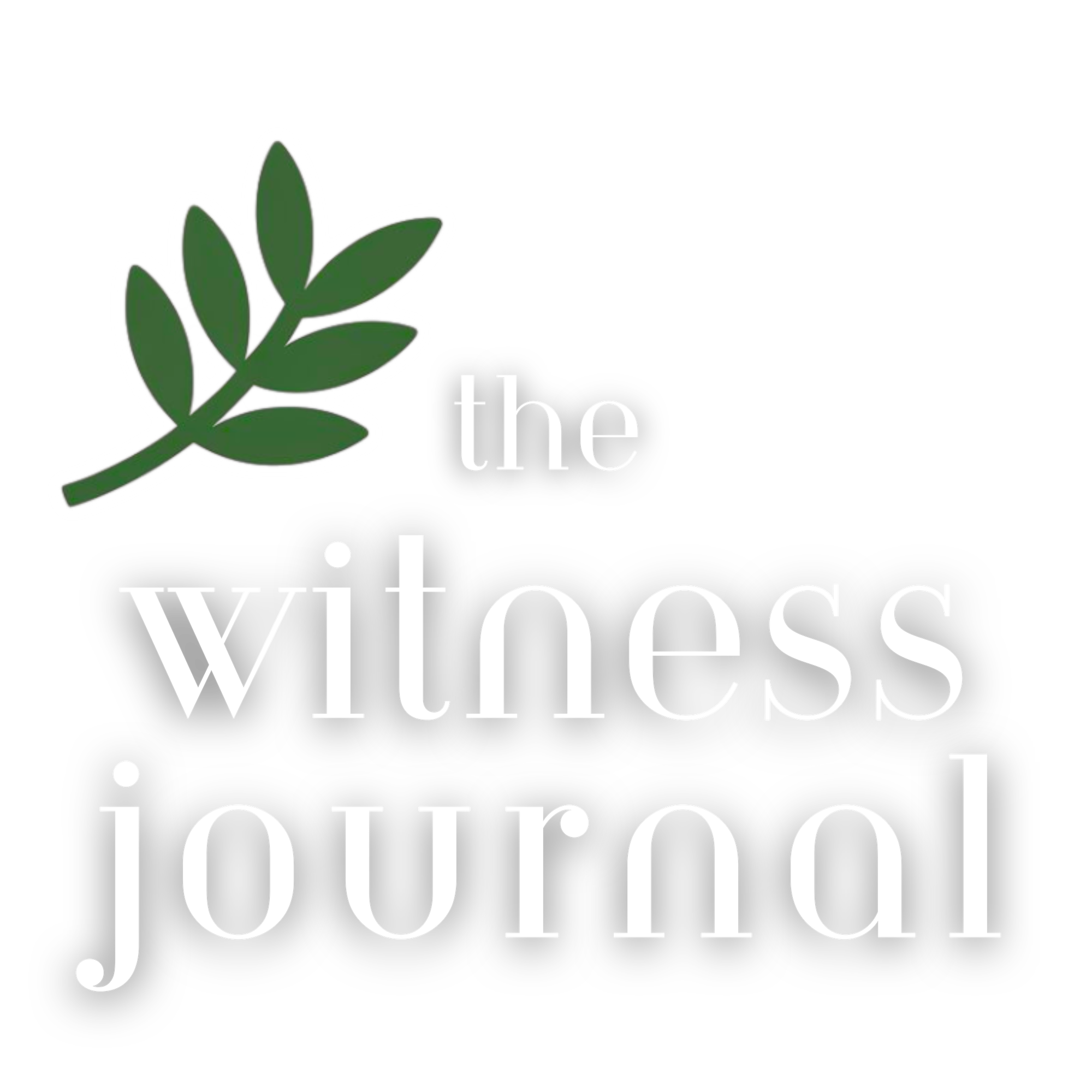Israel’s Dangerous Tango with Britain’s Far-Right racist Tommy Robinson - And The Reason We Must Question Everything

An Israeli minister has rolled out the red carpet for Tommy Robinson this week, and it wasn’t a diplomatic courtesy. It was a provocation - one that many in Britain see not as a bridge of solidarity but as a deliberate attempt to stoke division in Britain, at a moment when the UK has just taken the historic step of formally recognising the State of Palestine. A moment when many believe a false flag attack may have occurred at a synagogue in Manchester.
The invitation, and Robinson’s ready acceptance, should alarm anyone who cares about the fragile social fabric of this country - and about justice for Palestinians.
The Invitation - What Happened And Why It Matters

Amichai Chikli, Israel’s minister for the diaspora and combating antisemitism, publicly invited the far-right activist Tommy Robinson (Stephen Yaxley-Lennon) to visit Israel in mid-October, praising him as a “British patriot” and “a courageous leader on the front line against radical Islam.” Robinson confirmed he will visit after his next court appearance. The announcement immediately provoked fury in the UK, with senior figures warning that the move risks sowing division rather than healing it.
Critics were blunt. Baroness Sayeeda Warsi - the first Muslim woman to serve in a British cabinet - called the invitation “irresponsible and deeply dangerous,” arguing that at a time when communities are grieving and unity is needed, Israel’s embrace of a man many see as an orchestrator of Islamophobia is reckless. Think-tank and civil-society voices warned there should be cross-party, multi-faith pressure on Israel to withdraw the invite.
Who Is Tommy Robinson - And Why His Invitation Is Toxic

Whether you use his chosen name or his birth name, Stephen Yaxley-Lennon is not a neutral public figure. He is a man who has built a career on stoking anti-Muslim sentiment, who has a record of criminal convictions, and who recently mobilised huge, polarising rallies on UK streets. His presence in Israel - and Israel’s public praise of him - sends an unmistakable message: that a state facing global condemnation for its conduct in Gaza is comfortable aligning itself with the European far-right. That alignment raises questions about the aims behind the invitation and the kinds of alliances Israel is happy to cultivate.
The Timing, Is Not An Accident: Why This Looks Like Deliberate Division
- 21-22 September 2025 - UK recognition of Palestine. The British government announced formal recognition of the State of Palestine - a rare Western move intended (officially) to protect the viability of a two-state solution. This decision provoked strong reactions in Tel Aviv and among Israel’s allies.
- 2 October 2025 - Manchester synagogue attack. A violent attack at the Heaton Park Hebrew Congregation synagogue on Yom Kippur which left two worshippers dead, one of them being shot dead by police, and several more left injured. Many, including myself, have questioned the official narrative. Police have labelled the incident terrorism-related; multiple suspects were arrested in the ensuing investigation. The tragedy intensified national debate over security and communal relations.
- 3 October 2025 - Amichai Chikli invites Tommy Robinson. Israel’s Diaspora Minister posted on X (formerly Twitter) that he would “host British patriot @TRobinsonNewEra” and praised him as an ally in the fight against “radical Islam.” The invitation was public and ministerial - an official Israeli voice endorsing Robinson’s visit.
- 3-4 October 2025 - Robinson accepts. Tommy Robinson (Stephen Yaxley-Lennon) announced he would travel to Israel after an upcoming UK court appearance, saying his trip would strengthen the “bond between Britain and Israel.” Israeli and UK media carried the story; civil-society leaders and politicians in the UK condemned the move.
This is not the first time state actors have used proxy voices abroad to shape domestic narratives. Inviting a high-profile far-right figure to visit - immediately after a deadly attack on a Manchester synagogue - looks very much like a deliberate signalling operation: strengthen emotive language about “radical Islam,” amplify fear of Muslim communities, and push a storyline that shifts attention away from Israeli policy toward domestic security anxieties in Britain.
In the uneasy hours after the Manchester attack, when communities are mourning and tensions are raw, such a gesture risks fueling Islamophobia and deepening already-strained social bonds.
The Wider Context: Recognition of Palestine & Rising Far-Right Currents
Timing matters. The UK formally recognised the State of Palestine only days ago - a historic policy shift that angered Israel and represented a rare Western move toward Palestinian self-determination. That recognition fits into a broader moment of international pressure on Israel over Gaza. At the same time, Britain has seen an upsurge in far-right visibility: large street rallies, spikes in anti-Muslim incidents, and high-profile proscription of pro-Palestine direct-action groups that further polarise public debate. The combination - recognition of Palestine plus the bolstering of far-right voices abroad - creates combustible politics at home.
It is scarcely surprising, then, that many in Britain’s Muslim and progressive communities see Israel’s move as intentionally destabilising: a way to shift the narrative, punish a government that finally recognised Palestinian statehood, and empower domestic actors who will make solidarity with Palestine look like “extremism” or “threat.” That reading is not paranoid; it is a clinical assessment of how messages and political theatre work.
On the Manchester Synagogue Attack & The Need for Rigorous Scrutiny

In the wake of the Manchester attack - a horrific episode that killed worshippers and traumatised communities - grief and anger are natural. Reporting indicates the attack was carried out on Yom Kippur, with two people killed, one of them by police, and others injured; investigations and arrests are ongoing. Communities across Britain have rightly come together in mourning.
At the same time, a few voices - including some in online communities and activist circles - which includes me, have floated the theory that the attack might have been a “false flag,” timed to discredit pro-Palestine movements and to justify hardline responses. That theory has circulated widely in some corners. But whilst yes, these may only be theories, invitations like this, only add fuel to the flames, and strengthen our beliefs that this is all a part of something bigger, each piece fitting, and like a jigsaw, we are all starting to see the picture.
My aim is not that these stories be weaponised in some way, but that others may help in putting this jigsaw together.
Coincidence deserves scrutiny. Why did this brutal attack happen at a moment of diplomatic shifts and rising domestic polarisation? Why did an Israeli minister publicly embrace a far-right figure so soon afterwards? Those are serious questions. They demand thorough, transparent investigation by independent authorities and by us all, free thinking citizens.
What This Does To Public Debate - And Who Benefits
The strategic effect is clear: amplify fear, channel anger into identity politics, and cow a public that might otherwise mobilise for Palestinian rights. When states and senior politicians legitimise belligerent, polarising figures, they outsource division. They create a new normal where protesting a genocide can be recast as extremist agitation, and where genuine demands for human rights are smeared or criminalised.
It is worth asking: who benefits when attention shifts from Gaza’s devastated hospitals and displaced families to domestic cultural skirmishes? The losers are always the same - the vulnerable, the bereaved, and those pushed to the margins of public life.
What We Must Demand - At Home & Abroad
If you care about justice and pluralism, here’s what you should insist upon:
- Independent, transparent investigations into the Manchester attack and all public security failures - with findings made public, and accountability applied where negligence or misconduct is proven.
- A clear rebuke from British political leaders to any foreign government that appears to be stoking division on our soil - and an insistence that solidarity with victims not be used to validate bigotry.
- Political and media scrutiny of why foreign states are forging ties with far-right actors, and what those ties mean for domestic cohesion and human rights.
- Continued pressure on Israel to end the assault on Gaza, to allow unimpeded humanitarian aid, and to answer to international law - because the root crisis remains the acute humanitarian catastrophe suffered by Palestinians.
Final Word: Vigilance, Not Cynicism
A danger we must avoid at once, complacency - accepting Israel’s embrace of the far right as routine, or allowing domestic politics to be reshaped by fear.
What we need is rigorous investigation, be fearless in our speech, and a politics of solidarity that refuses to be bought off by spectacle. If Israel is playing politics with Britain’s fragile social fabric, we must call it out - loudly, clearly, and in the name of human rights for all. If Britain recognises Palestine, then our public life should reflect that courage, not be hollowed out by imported extremists and opportunistic postures.
The invitation to Robinson was not a benign cultural exchange. It was a challenge. How we respond - with unity, scrutiny, and unshakable support for Palestinian dignity - will shape Britain’s moral character for years to come.
